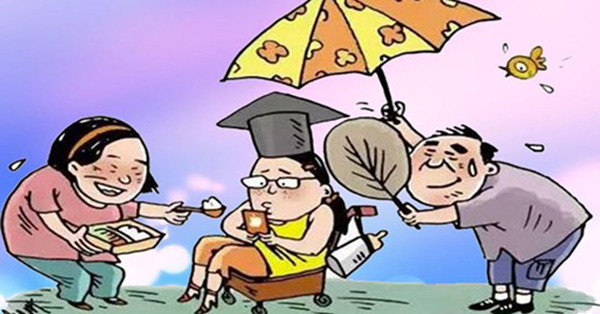Domestic violence can happen to men, not only to women, according to new research.
“Domestic violence in men is under-studied and often hidden—much as it was in women 10 years ago,” said study leader Robert J. Reid, MD, PhD, an associate investigator at the Group Health Centre for Health Studies in the US. “We want abused men to know they’re not alone.”
The new findings, published in the June edition of the American Journal of Preventive Medicine, confirm some common beliefs, but also debunk five myths about abuse in men:
Myth 1: Few men experience domestic violence.
Many do. In-depth phone interviews with over 400 randomly sampled adult male patients found that 5% had experienced domestic violence in the past year, 10% in the past five years, and 29% over their lifetimes.
The researchers defined domestic violence to include nonphysical abuse—threats, chronic disparaging remarks, or controlling behaviour—as well as physical abuse: slapping, hitting, kicking, or forced sex.
Myth 2: Abuse of men has no serious effects.
The researchers found domestic violence is associated with serious, long-term effects on men’s mental health.
Women are more likely than men to experience more severe physical abuse, said Reid. “But even nonphysical abuse——can do lasting damage.”
Depressive symptoms were nearly three times as common in older men who had experienced abuse than in those who hadn’t, with much more severe depression in the men who had been abused physically.
Myth 3: Abused men don’t stay, because they’re free to leave.
In fact, men may stay for years with their abusive partners. “We know that many women may have trouble leaving abusive relationships, especially if they’re caring for young children and not working outside the home,” said Dr Reid. “We were surprised to find that most men in abusive relationships also stay, through multiple episodes, for years.”
Myth 4: Domestic violence affects only poor people.
The study actually showed it to be an equal-opportunity scourge. “As we found in our previous research with women experiencing domestic violence, this is a common problem affecting people in all walks of life,” said Dr Reid. “Our patients at Group Health have health insurance and easy access to health care, and their employment rate and average income, education level, and age are higher than those of the rest of the population.”
Myth 5: Ignoring it will make it go away.
Not so. “We doctors hardly ever ask our male patients about being abused—and they seldom tell us,” said Dr Reid. “Many abused men feel ashamed because of societal expectations for men to be tough and in control.”
Younger men were twice as likely as men age 55 or older to report recent abuse. “That may be because older men are even more reluctant to talk about it,” he added.
Reid said more research is needed to determine the best ways for doctors to ask men if they have experienced domestic violence—and how best to help them into couples counselling, leaving their partners, or getting protection orders. - (EurekAlert)






